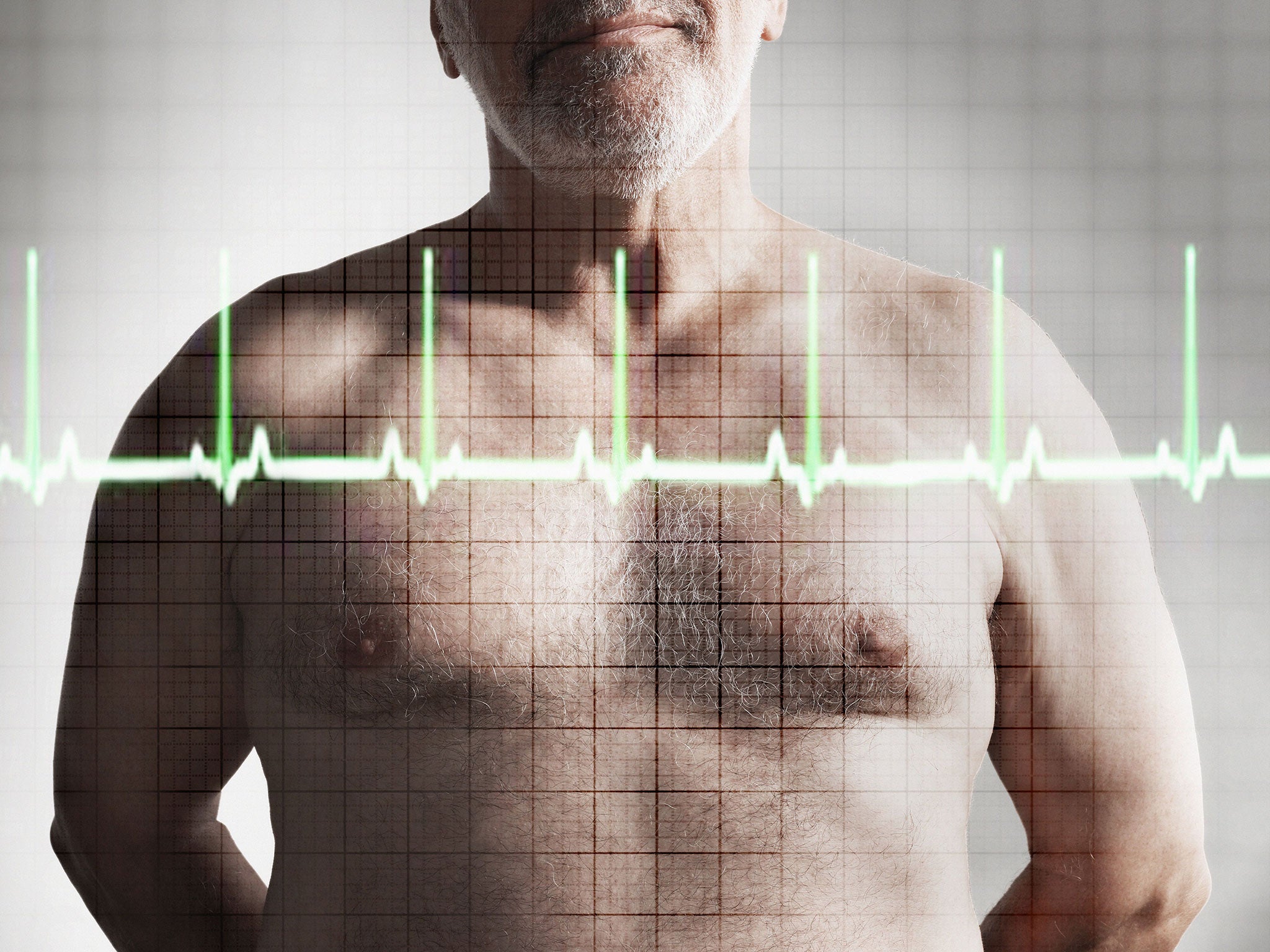Sex does not increase chance of heart attacks, researchers find
A 10-year survey found no evidence to support claims sexual activity could increase risk of cardiovascular problems

Your support helps us to tell the story
From reproductive rights to climate change to Big Tech, The Independent is on the ground when the story is developing. Whether it's investigating the financials of Elon Musk's pro-Trump PAC or producing our latest documentary, 'The A Word', which shines a light on the American women fighting for reproductive rights, we know how important it is to parse out the facts from the messaging.
At such a critical moment in US history, we need reporters on the ground. Your donation allows us to keep sending journalists to speak to both sides of the story.
The Independent is trusted by Americans across the entire political spectrum. And unlike many other quality news outlets, we choose not to lock Americans out of our reporting and analysis with paywalls. We believe quality journalism should be available to everyone, paid for by those who can afford it.
Your support makes all the difference.Having sex does not increase the risk of another attack, researchers have confirmed.
In a study published in the Journal of the American College of Cardiology researchers analysed heart attack victims over a ten year period, monitoring their sexual activity.
They found “no increased risk associated with SA [sexual activity] for adverse CVD [cardiovascular disease events],” with researchers keen to “reassure” patients they “need not be worried about SA and should resume their usual SA.”
The review letter seeks to rebut long-running claims having sex following a heart attack can trigger another episode.
It tracked 536 patients, part of a rehabilitation programme following a heart attack (known as a myocardial infarction), who reported on their sexual activity before and after the attack.
Only 0.7 per cent reported having sex in the hour before their attack, with 1.5 per cent having had sex three to five hours prior to the incident.
The researchers, based at Ulm University in Germany, told the Los Angeles Times it was therefore “very unlikely that sexual activity is a relevant trigger”.
Their findings also suggested participants who had more sex prior to their first attack were less likely to experience another – however, they were keen to caution these findings as it was suggested these individuals were younger and in better shape than older victims.
Join our commenting forum
Join thought-provoking conversations, follow other Independent readers and see their replies
Comments